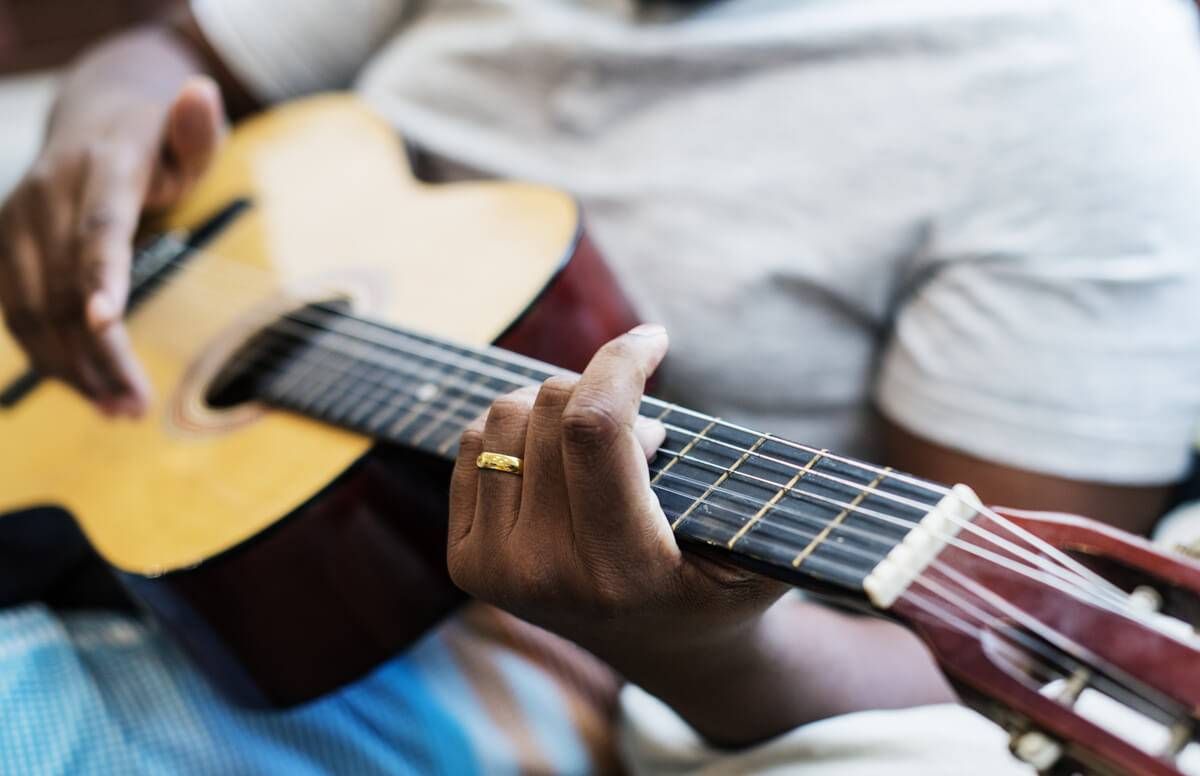You're Never Too Old, Busy or Rusty to Make Music
It may take less time than you think and bring you joy
Do you ever wish you knew how to play a musical instrument? If so, you are not alone. Yet a 2012 National Endowment for the Arts survey found that just 12 percent of U.S. adults were playing musical instruments.

This gap between aspiration and actuality occurs despite research showing that making music, as a pro or amateur, is good for the brain and may delay the onset of some of the mental decline of aging. Scans of musicians’ brains have shown that playing an instrument involves greater communication among regions of the brain than with other tasks, which may lead a musician’s brain to create new neural pathways. Those extra pathways may provide musicians with “cognitive reserve” when dementia strikes because their brains “will automatically be more able to cope and find new ways to do tasks,” explains Canadian neuroscientist Aline Moussard.
Carving Out Time for Music
Given this tantalizing research, why haven’t more adults followed through on their desire to play an instrument? Some have said they had no time to spare. However, the time needed may not be as much as one might think, according to 274 adults who told me — as part of my research for a new book, Making Time for Making Music — how they carve out time to make music.
Ranging in age from 25 to 96, most of them play instruments and a quarter play instruments and sing in choral groups. About five percent don’t practice music at home but still enjoy being part of a community ensemble or choir. About a quarter practice only one or two days a week. Of those who do practice, about 15 percent spend 30 minutes or less a week, often finding ways to shoehorn practice into spare moments. Those who practice more may make more progress, but as Liz Sogge, a Baltimore statistician who plays violin in the Johns Hopkins University Concert Orchestra notes, “There is nothing wrong with never playing at the level of a world-class violinist.”
Music lessons are another time-eater, particularly for newcomers or those who haven’t studied music for years. But there are lower-cost group classes and ensembles that try to speed up the learning process. New Horizons International Music Association has more than 200 such ensembles geared to adults age 50 and over that help newcomers make music as quickly as possible, with instruction built into rehearsals. Only half of the adults I surveyed are taking lessons, with half of them doing so weekly, the rest less often.
'You Feel as if You are Soaring'
A lack of confidence in their musical abilities may hold back some would-be musicmakers, caused by feelings left over from less-than-positive childhood musical experiences. Luckily, it is possible to reboot as an adult by trying a different instrument or type of music, finding beginner-friendly ensembles, joining music support groups, forging more collegial teacher-student relationships and realizing that recitals are optional for adults.
Some adults may also be unaware of the many new opportunities available now. Music schools began expanding their adult programming as boomers started nearing retirement age. Adults currently make up about 25 percent of the enrollment at Baltimore’s Peabody Institute’s Preparatory Division.
“I had no idea there was a way to make beautiful music in a community orchestra the way I’m doing now,” says Dr. Morris Schoeneman. After retiring from a medical career, he took refresher lessons on the violin he hadn’t played in four decades and found a community orchestra to join near his suburban New York hometown. “I wish I had known about this earlier. I could have been doing this while I was working.”
Once adults make the plunge, it’s not neurological research that spurs them to rush through dinner to make it to an ensemble rehearsal. Instead, it’s the joy they find there, as violinist and Washington, D.C., arts fundraiser Maya Weil notes in my book.
“When you are playing with others and it is going well, you feel as if you are soaring. You are suspended in time and hyper alert. You are moving as a unit and there is a feeling of community," she says.

